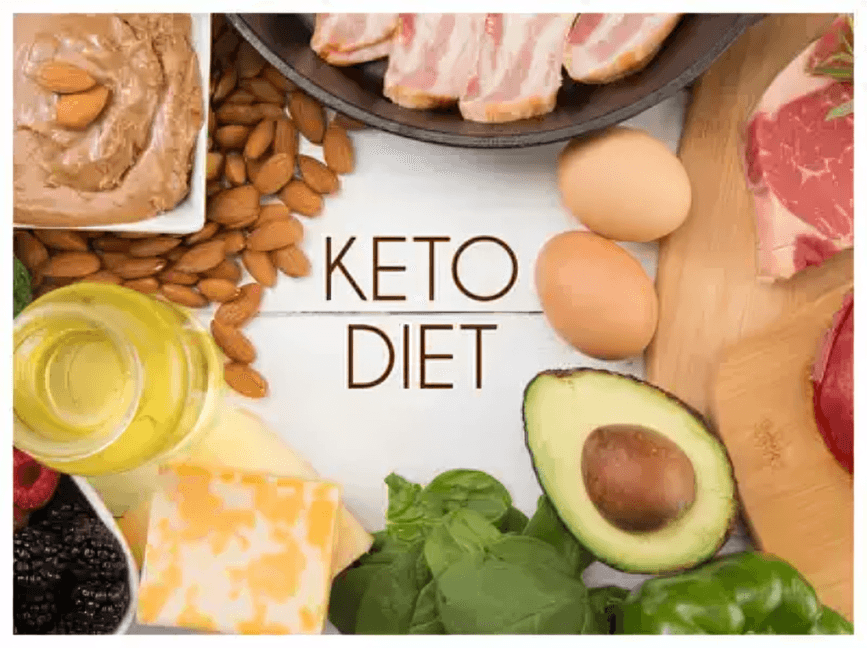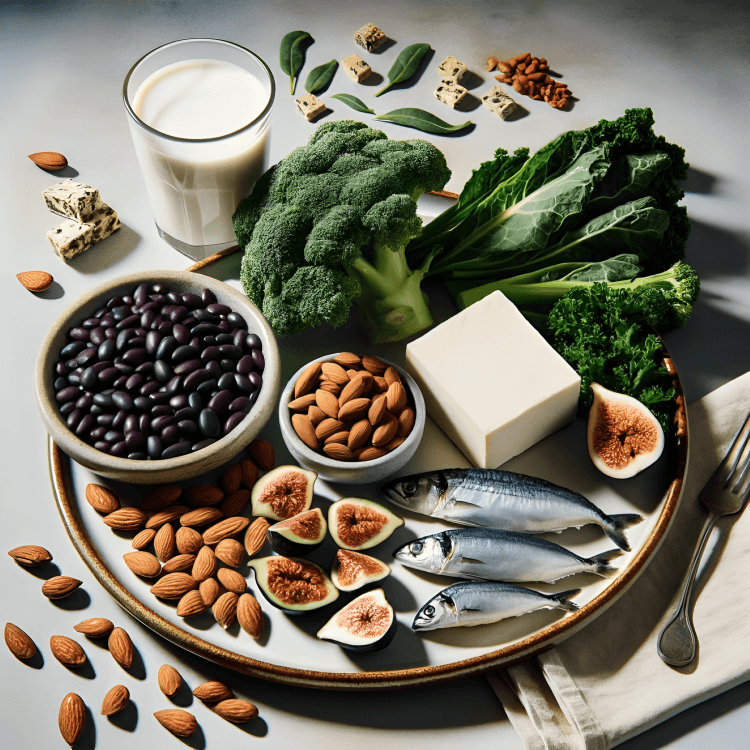
“
The plant-based diet vs. keto diet debate reflects a growing divide in modern nutrition, where people are seeking more than just quick fixes—they’re searching for sustainable, meaningful ways to eat. While the plant-based diet vs. keto diet differs in macros—plants rely on complex carbs and fibers, and keto favors high fats and protein—the goals often overlap: better energy, sharper focus, and weight control. 1
1
”
Plant-based diets are focused on whole, unprocessed plant foods like fruits, vegetables, legumes, and grains. In contrast, the keto diet cuts carbs and boosts fat, making the body burn fat for energy.1
A plant-based diet is rich in fiber, antioxidants, and vitamins that support digestive health and overall wellness. Keto diets tend to lack fiber, which can lead to digestive issues like constipation if not carefully managed.2

Plant-based diets are linked to improved heart health, lowered cholesterol, and reduced risk of cardiovascular diseases. Keto may improve some lipids but can raise LDL cholesterol, increasing heart disease risk.
The high-carb nature of plant-based eating supports energy levels and stable blood sugar. Keto limits carbs to induce ketosis, where the body burns fat for fuel, which can stabilize blood sugar. 3
Plant-based diets have been shown to reduce the risk of type 2 diabetes by improving insulin sensitivity. The keto diet may help control blood sugar but is hard to maintain long-term, especially for those with insulin resistance. 4
People following a plant-based diet often experience sustainable weight loss due to lower calorie density and high fiber. The keto diet leads to quick weight loss by burning fat but may be harder to sustain over time.5
Plant-based diets help promote gut health through prebiotic fiber, which feeds healthy gut bacteria. Keto’s low fiber intake may lead to an imbalance in gut bacteria, potentially causing digestive discomfort.6
A plant-based diet supports long-term health with a balanced intake of vitamins, minerals, and phytonutrients. Keto diets may require supplementation, as they can lack essential nutrients like vitamin C and magnesium.7
Plant-based eating reduces inflammation due to its high antioxidant content, which can help lower chronic disease risks. Keto can also reduce inflammation, especially in the short term. 8
Athletes benefit from a plant-based diet as it provides energy from complex carbs for endurance. Keto diets may improve fat-burning for endurance sports but can hinder performance in activities. 9

Regular bowel movements are supported by the fiber in plant-based diets. The keto diet, with its limited intake of fiber-rich foods, can lead to constipation unless supplemented with high-fiber options.
The plant-based diet provides steady energy levels through complex carbs. Keto, after an initial adjustment period, leads to more consistent energy by burning fat, though it may cause temporary fatigue.10
Mental clarity is enhanced on both diets, but plant-based foods, with their rich content of vitamins and minerals, promote cognitive health. Keto boosts focus with ketones but may cause brain fog during early adaptation.11
Plant-based diets are generally more accessible due to the wide availability of fruits, vegetables, grains, and legumes. Keto’s strict carb limits make meal planning harder and eating out more restrictive.12
Eating out is easier on a plant-based diet, as there are more restaurant options for plant-based meals. Keto can be tough at restaurants since most menu items are high in carbs and don’t fit the diet. 13
The plant-based diet can reduce hunger and cravings by offering high-fiber foods that promote satiety. Keto suppresses appetite due to the high fat content, which keeps people full for longer. 14

Bone health is supported by a plant-based diet through calcium-rich plant foods like leafy greens and fortified plant milk. On keto, the high protein intake could lead to a loss of calcium, impacting bone health over time.
Plant-based diets often align with ethical and environmental values, focusing on animal welfare and sustainability. The keto diet, due to its reliance on animal products, can be seen as less environmentally friendly. 15
Plant-based diets offer flexibility with the wide variety of whole foods available. Keto can be restrictive, particularly when it comes to excluding most fruits, grains, and legumes. 16
While both diets can be effective for weight loss, the plant-based approach promotes overall wellness and sustainable health. Keto can aid short-term weight loss but may lead to long-term health issues.17


